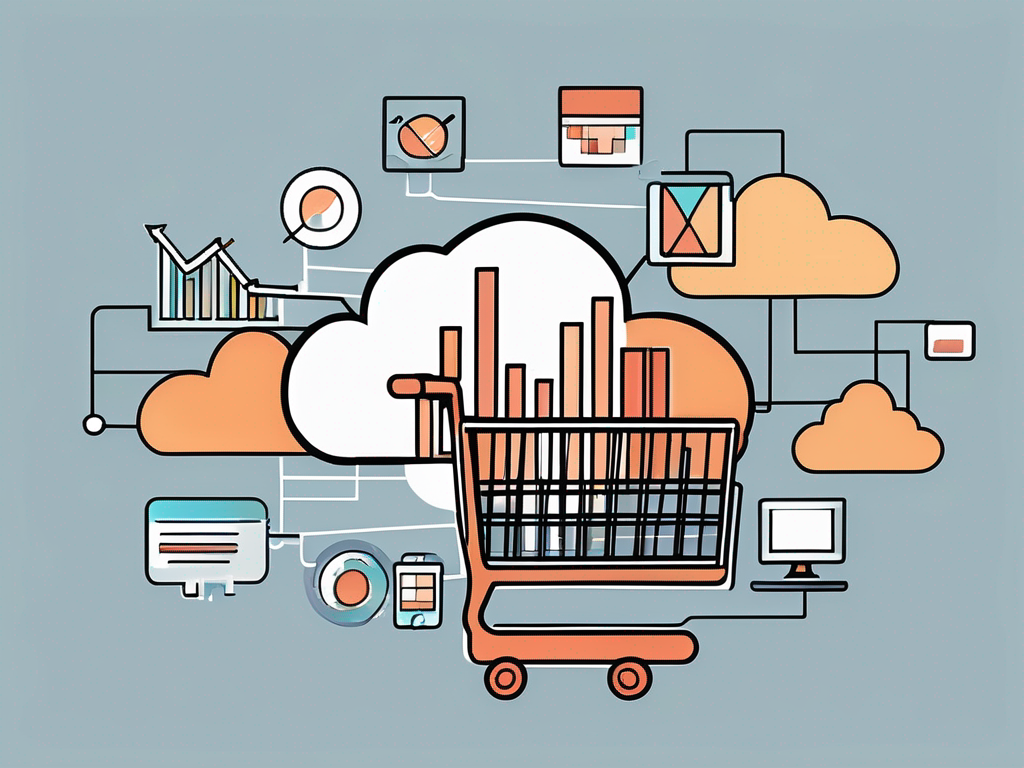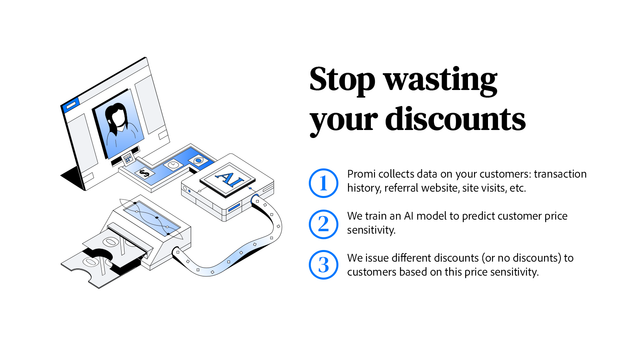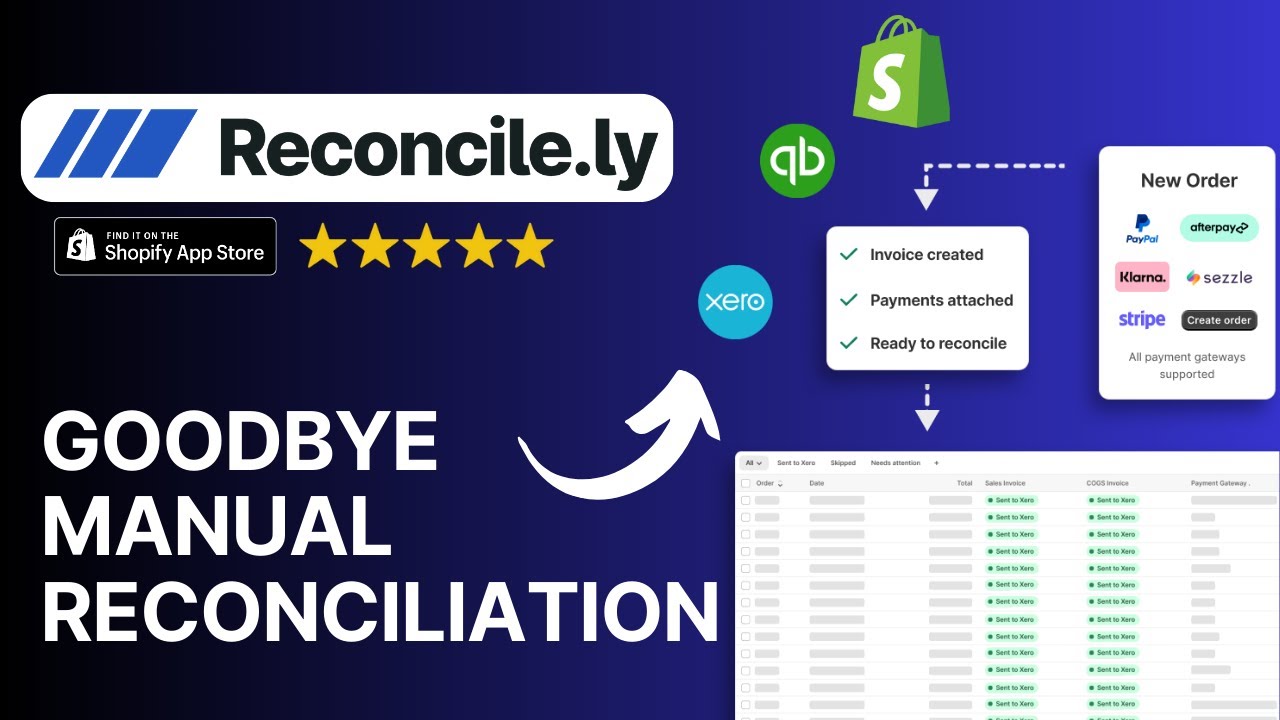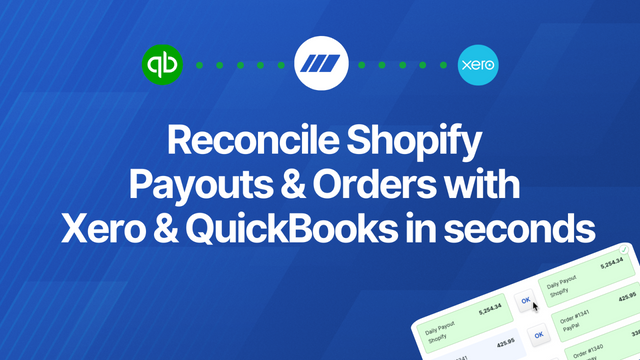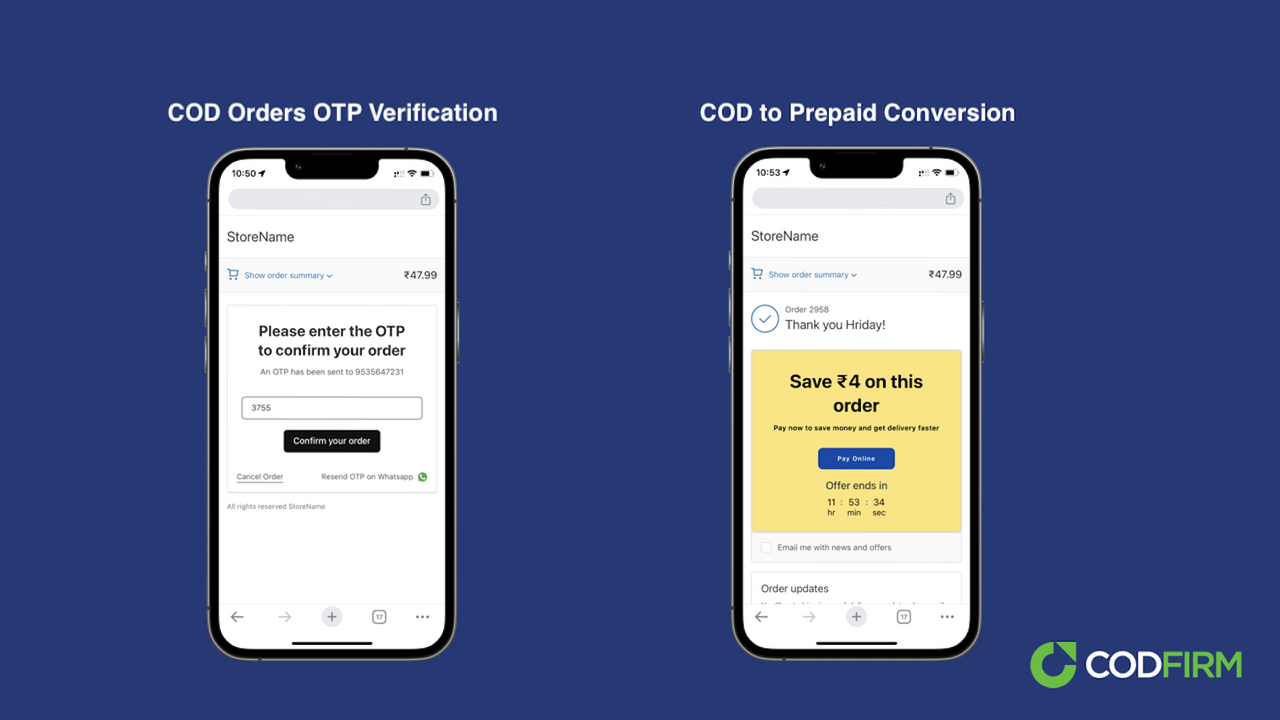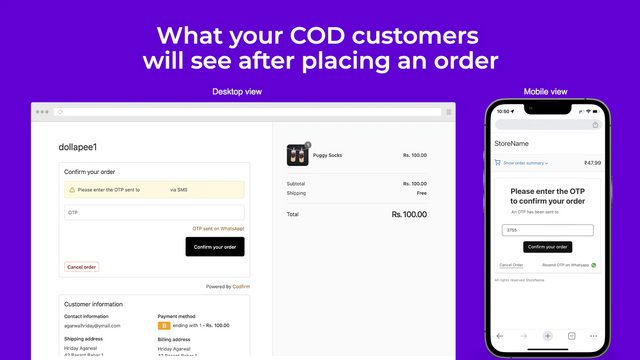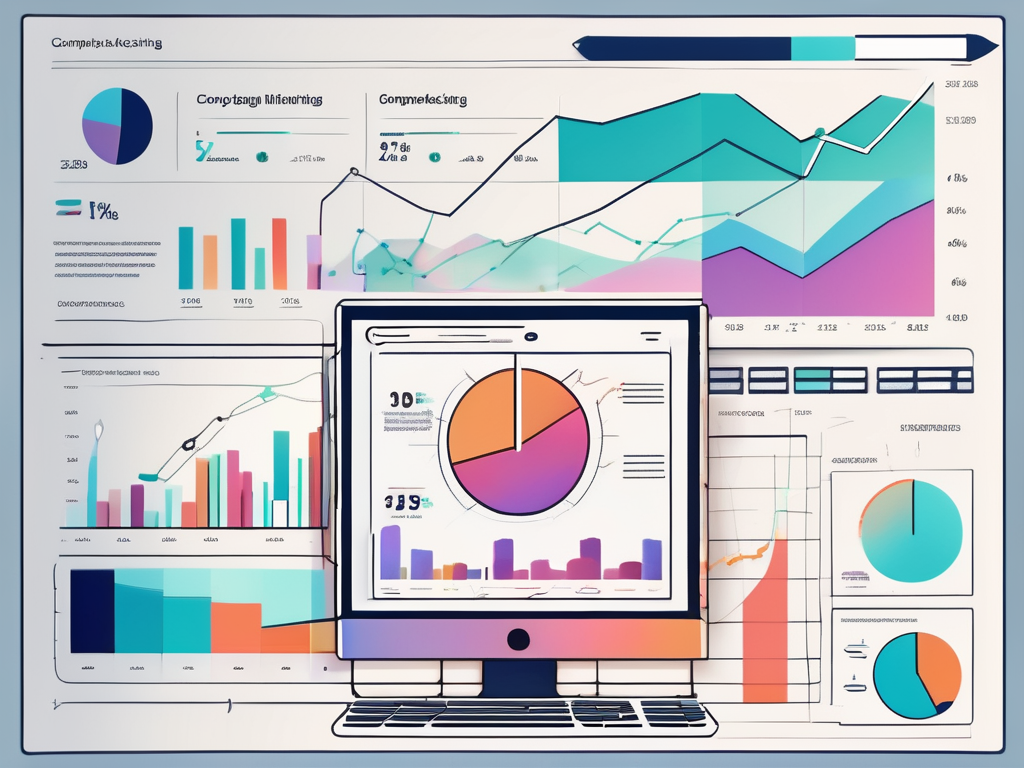In today's competitive ecommerce market, data is king. Analyzing and understanding the vast amount of data generated by your online store is essential for making informed business decisions and driving growth. That's where analytics tools come in. These powerful software solutions provide valuable insights into customer behavior, sales trends, and marketing effectiveness. In this article, we will explore the top analytics tools for ecommerce and discuss the key features to look for when choosing the right tool for your business.
Understanding the Importance of Analytics in Ecommerce
Analytics plays a crucial role in the success of any ecommerce business. By leveraging data, you can gain valuable insights that help you optimize your website, improve user experience, and increase conversions. It allows you to track key metrics, monitor marketing campaigns, and identify areas for improvement.
Furthermore, analytics in ecommerce can also assist in inventory management and forecasting. By analyzing sales data and trends, businesses can predict demand for products, manage inventory levels efficiently, and avoid stockouts or overstock situations. This proactive approach can lead to cost savings and improved customer satisfaction.
The Role of Analytics in Ecommerce
Analytics provides ecommerce businesses with a deeper understanding of their customers. It helps identify customer preferences, behavior patterns, and buying habits. By analyzing this data, you can tailor your marketing messages, personalize the shopping experience, and ultimately drive more sales.
Moreover, analytics can aid in the identification of potential market segments and niches. By segmenting customers based on their behavior and preferences, businesses can create targeted marketing campaigns that resonate with specific audiences. This targeted approach can lead to higher conversion rates and increased customer loyalty.
Key Metrics to Track in Ecommerce
When it comes to ecommerce analytics, certain metrics are crucial for measuring success. These include conversion rate, average order value, customer lifetime value, and bounce rate. By tracking these metrics over time, you can identify trends and make data-driven decisions to improve your business performance.
Additionally, monitoring metrics such as cart abandonment rate and customer acquisition cost can provide valuable insights into the effectiveness of your sales funnel and marketing strategies. By optimizing these areas, businesses can streamline the purchasing process, reduce friction points, and ultimately boost revenue.
Overview of Top Analytics Tools
Now, let's take a closer look at some of the top analytics tools available for ecommerce businesses. These tools offer a wealth of features and capabilities to help you measure, analyze, and optimize your online store's performance.
Having a robust analytics tool is crucial for any ecommerce business looking to thrive in the competitive online landscape. These tools not only provide valuable insights into customer behavior but also help in making data-driven decisions to enhance the overall shopping experience.
Google Analytics for Ecommerce
Google Analytics is undoubtedly one of the most popular analytics tools for ecommerce businesses. It provides a comprehensive set of features to track website traffic, user behavior, and conversion rates. With Google Analytics, you can gain insights into your audience demographics, referral sources, and the effectiveness of your marketing campaigns.
Furthermore, Google Analytics offers e-commerce tracking that allows you to monitor transactions, revenue, and other essential metrics related to your online store. By leveraging this data, you can identify trends, optimize product offerings, and tailor your marketing efforts to drive more sales.
Adobe Analytics for Ecommerce
Adobe Analytics is a powerful analytics solution that offers advanced features for ecommerce businesses. It enables you to analyze customer behavior across multiple channels, including web, mobile, and social media. Adobe Analytics also provides real-time data analysis and segmentation capabilities to help you optimize your marketing strategies.
In addition to its robust analytics capabilities, Adobe Analytics integrates seamlessly with other Adobe products, such as Adobe Experience Manager and Adobe Target, to create a unified digital marketing ecosystem. This integration allows for a holistic view of customer interactions and enables personalized marketing campaigns based on individual preferences and behaviors.
Shopify Analytics for Ecommerce
If you run your ecommerce store on the Shopify platform, Shopify Analytics is an excellent choice. It provides in-depth reports and insights on sales, customer behavior, and marketing performance. With Shopify Analytics, you can track key metrics, measure the success of your marketing campaigns, and optimize your store's performance.
Moreover, Shopify Analytics offers customizable dashboards and reports that allow you to monitor key performance indicators in real-time. By utilizing these features, you can quickly identify areas for improvement, capitalize on emerging trends, and make informed decisions to drive growth for your online business.
Features to Look for in an Ecommerce Analytics Tool
When selecting an analytics tool for your ecommerce business, it's essential to consider the features it offers. Here are some key features to look for:
Real-Time Data Analysis
Real-time data analysis capabilities allow you to monitor your website's performance and make informed decisions on the fly. This feature is especially valuable for identifying and responding to any issues or opportunities that arise. With real-time data analysis, you can track user interactions as they happen, enabling you to quickly adjust your strategies to optimize performance and capitalize on trends.
Additionally, real-time data analysis can help you detect and prevent fraudulent activities, such as payment fraud or bot traffic, by providing instant alerts when unusual patterns are detected.
Customer Behavior Tracking
Tracking customer behavior is crucial for understanding how visitors navigate your site, what products they view, and what actions they take. Look for an analytics tool that provides detailed insights into customer behavior, such as heatmaps, click tracking, and session recordings. These features can help you identify popular products, optimize your website layout for better user experience, and personalize marketing campaigns based on user preferences.
Furthermore, customer behavior tracking can uncover valuable information about shopping cart abandonment rates, allowing you to pinpoint areas of friction in the checkout process and implement solutions to improve conversion rates.
Sales and Conversion Tracking
Measuring sales and conversions is essential for assessing the effectiveness of your marketing efforts. Look for an analytics tool that integrates with your ecommerce platform and provides accurate sales and conversion tracking data. By analyzing sales and conversion data, you can evaluate the performance of different marketing channels, campaigns, and product offerings to optimize your sales funnel and maximize revenue.
Moreover, advanced analytics tools offer multi-channel attribution capabilities, allowing you to track the entire customer journey across various touchpoints and channels. This holistic view of customer interactions can help you allocate marketing budgets more effectively and understand the impact of each touchpoint on the overall conversion process.
How to Choose the Right Analytics Tool for Your Ecommerce Business
Choosing the right analytics tool for your ecommerce business requires careful consideration of your specific needs and requirements. Here are some factors to consider:
Analytics tools play a crucial role in helping ecommerce businesses make data-driven decisions. They provide valuable insights into customer behavior, sales performance, and marketing effectiveness. By leveraging the power of analytics, businesses can optimize their strategies, improve user experience, and ultimately boost their bottom line.
Assessing Your Business Needs
Start by identifying the key metrics and data points that are critical for your business. Consider your goals, target audience, and the level of granularity you require in your analytics reports.
For example, if your ecommerce business focuses on a subscription-based model, you may want to track customer retention rates, churn rates, and lifetime value. On the other hand, if you run a fashion ecommerce store, metrics like conversion rates, average order value, and popular product categories may be more relevant.
Evaluating Tool Usability and Support
Usability and support are essential aspects to consider when selecting an analytics tool. Look for a tool that is user-friendly, offers intuitive reporting interfaces, and provides reliable customer support.
Consider factors such as the learning curve associated with the tool, the availability of training resources, and the responsiveness of the support team. A tool that is easy to use and well-supported can save you time and frustration in the long run.
Considering Pricing and Scalability
Finally, consider the pricing structure and scalability of the tool. Ensure that the cost aligns with your budget, and the tool can handle your business's current and future needs.
Scalability is particularly important for growing ecommerce businesses. As your operations expand and your data volume increases, you'll want an analytics tool that can accommodate this growth without compromising performance.
By carefully considering these factors and evaluating the top analytics tools available, you can choose the right solution for your ecommerce business. Whether you opt for Google Analytics, Adobe Analytics, or Shopify Analytics, implementing an analytics tool will undoubtedly help you optimize your ecommerce store's performance and drive growth.
Now that you're equipped with knowledge about the top analytics tools for ecommerce, it's time to take the next step in optimizing your Shopify store. Let Owlmix be your guide in this journey. With a curated directory of innovative Shopify apps, categorized to meet your specific business needs—from marketing analytics to inventory management—Owlmix is your one-stop destination to enhance your online store. Embrace the wisdom of Owlfred, our friendly brand mascot, and find your next Shopify app to elevate your ecommerce experience. With Owlfred's insights and our tailored search experience, you're just a click away from discovering the tools you need to thrive in the competitive world of ecommerce.


